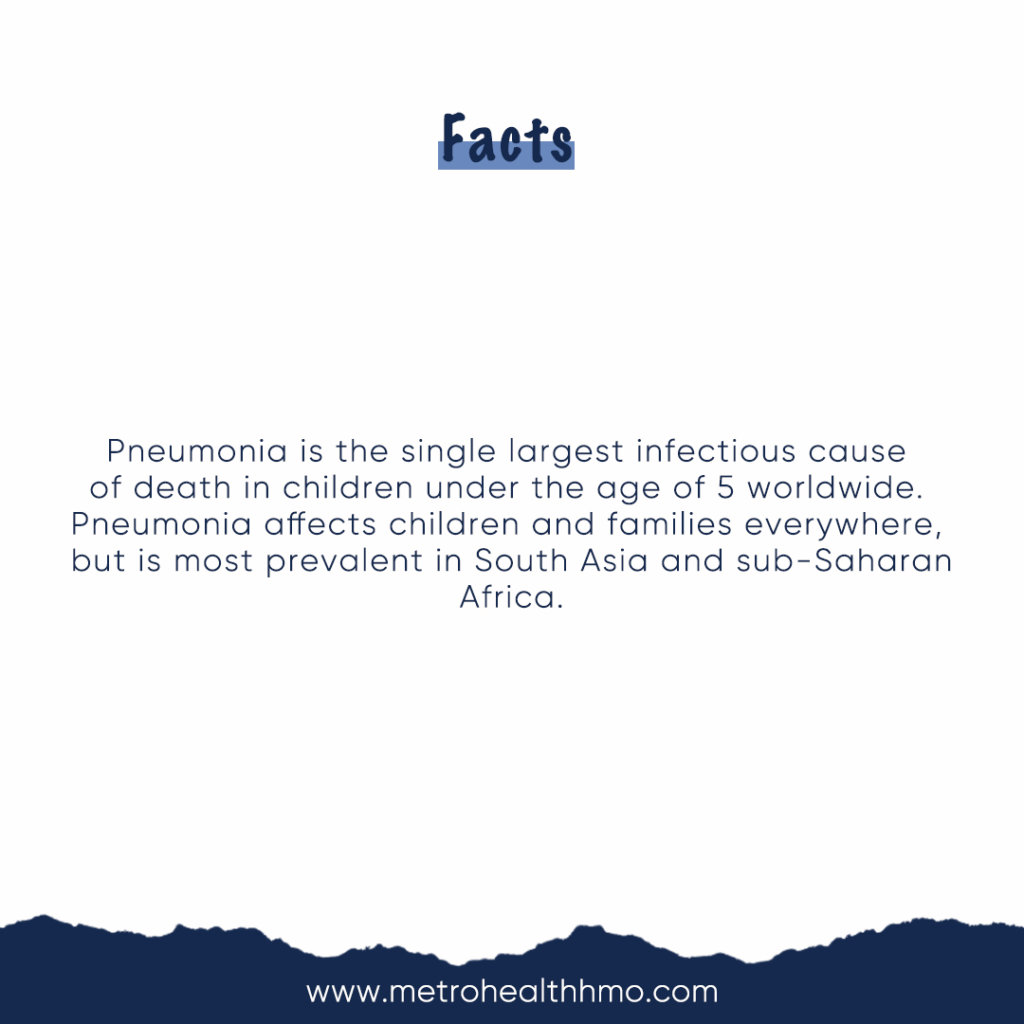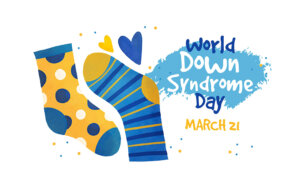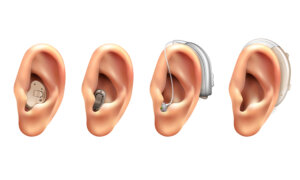World Pneumonia Day (WPD) was established in 2009 and is marked every year on November 12 to raise awareness about pneumonia, the world’s leading infectious killer among children under the age of 5years, and to promote interventions to prevent and treat pneumonia.
The theme this year is ‘Stop pneumonia: every breath count’.
Pneumonia is the single biggest infectious killer of adults and children – claiming the lives of 2.5 million, including 672,000 children, in 2019.
Pneumonia is an inflammatory disease of the lungs caused by viruses, fungi, or bacteria and affects the air sacs of one or both lungs.
The most common are:
- Streptococcus pneumoniae – the most common cause of bacterial pneumonia in children;
- Haemophilus influenzae type b (Hib) – the second most common cause of bacterial pneumonia;
SIGNS AND SYMPTOMS OF PNEUMONIA
The signs and symptoms of pneumonia vary from mild to severe, depending on the causal factor, age, and overall health. Signs and symptoms of pneumonia may include:
- Chest pain when you breathe or cough
- Confusion or changes in mental awareness (in adults 65 years and older)
- Cough, which may produce phlegm
- Fatigue
- Fever, sweating, and chills
- Lower than normal body temperature (in adults older than age 65 and people with weak immune systems)
- Nausea, vomiting, or diarrhea
- Shortness of breath
RISK FACTORS OF PNEUMONIA
Pneumonia can affect anyone, but the two age groups at highest risk are:
- Children who are 2 years old or younger
- People who are age 65 or older
While most healthy children can fight the infection with their natural defenses, children whose immune systems are compromised are at higher risk of developing pneumonia. A child’s immune system may be weakened by malnutrition or undernourishment, especially in infants who are not exclusively breastfed.
Other risk factors include:
- Being hospitalized for a long period
- Having a chronic illness
- Having a suppressed immune system
- Difficulty swallowing
- Reduced consciousness
- Difficulty coughing
Lifestyle risk factors include:
- Smoking
- Substance abuse
- Excessive alcohol consumption

TRANSMISSION OF PNEUMONIA
Pneumonia can spread in several ways, the viruses and bacteria are commonly found in the nose or throat and can infect the lungs if they are inhaled. They may also spread via air-borne droplets from a cough or sneeze. In addition, pneumonia may spread through blood, especially during and shortly after birth. More research needs to be done on the different pathogens causing pneumonia and the ways they are transmitted, as this is of critical importance for treatment and prevention.
PREVENTION OF PNEUMONIA
- Vaccination: Vaccines are available to prevent pneumonia. For example-Immunization against Haemophilus influenzae type B (Hib), pneumococcus, measles, and whooping cough (pertussis).
- Nutrition is key to improving children’s natural defenses, starting with exclusive breastfeeding for the first 6 months of life. In addition to being effective in preventing pneumonia, it also helps to decrease the length of the illness if a child does become ill.
- Practice good hygiene: To protect yourself against respiratory infections that sometimes lead to pneumonia, wash your hands regularly or use an alcohol-based hand sanitizer.
- Don’t smoke: Smoking damages your lungs’ natural defenses against respiratory infections.
- Keep your immune system strong: Get enough sleep, exercise regularly, and eat a healthy diet.
- Timely treatment of cold or flu
CONCLUSION
Pneumonia can range in seriousness from mild to life-threatening if left untreated and especially for those individuals at increased risk. It is often preventable with vaccines; everything possible should be done to prevent such infectious killers of adults and children.










